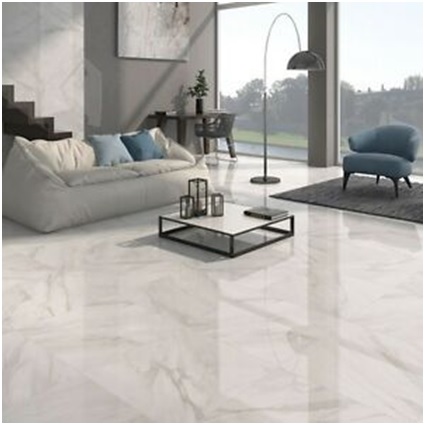Stones are the naturally available materials and are used from the ancient times in civil construction. None of the stones are like others in this world in terms of look, chemistry and properties – this makes the stone beautiful and demands an increase in increasing the aesthetic of the structures. Apart from these natural stones, artificial stones are also available in the market which are made from the mixture of natural stones, resin and hardeners.
Clients and Architects are popularizing the use of stone more and more in their projects and this creates the additional demand for stone care products like Under Stone Primers, Sealers and Cleaners.
Eliminating the Risks of Water Staining, Curling and Warping in Natural Stone Installations

To get a general idea of how absorbent the stone is, place several drops of water on the surface of the stone and time how long it takes for the water to completely disappear. If the water disappears in under one minute, consider the stone very porous.

If it takes up to 3-4 minutes, consider it porous. If it takes more than 3-4 minutes, consider it slightly porous. This simple test will also give a good indication of the quantity of sealer needed to protect the entire area. A polished surface will be less absorbent than a honed or flamed finish.
Natural stones such as granite, marble and limestone are naturally durable materials that can last a lifetime. The main issue associated with natural stone is determining whether the stone is moisture sensitive or not and, following that, choosing the correct products to fix it.
Classification of Sealers:
- Penetrating (Impregnating) Sealers: Impregnators are designed to penetrate below the surface of the stone and deposit solid particles in the pores of the stone or to coat the individual minerals below the surface of the stone. Water, oil and dirt are restricted from entering the stone. Most impregnators do not require frequent applications. Since the impregnator is below the surface, it will generally last several years before reapplication is necessary.
- Surface Sealers: Coatings are sealers that place a sacrificial coating on top of the stone acting as a barrier to prevent water, oil and dirt from entering the pores of the stone. Coatings generally will provide a sacrificial coating on the stone. This layer will take most of the wear, preventing wear on the stone.
Sealers are available to either retain the natural look of the stone or to ‘enhance’ – highlight the stone’s natural color. Many homeowners like the way their stone looks when wet-to achieve that deeper color and lustre even when your tile isn’t wet, an enhancer is the key. Enhancers can also add various levels of shine to the surface of the stone.
Solvent based or Water based Sealers:
In the case of a water-based sealer, the polymer particles are dispersed in water. When the sealer is applied, the water evaporates and the polymer particles move closer together. As the evaporation of water continues, the polymer particles begin to deform and fuse together, eventually forming a continuous clear coating. Overall, this kind of sealer is good for deep penetration and a lot of protection.
With a solvent-based sealer, polymers are not present as separate particles. Instead, the polymer and solvent form a continuous, clear polymer solution. When solvent evaporates from a solvent-based sealer, the polymer chains are drawn closer together and eventually entangle. This sealer is a more natural and healthy approach to sealing countertops, but of course being less penetrating, only penetrating a deep as water does absorb into the desired surface.
Most stone tiles like limestone, travertine and marble are acid sensitive. These acid sensitive stones will etch when they come in contact with acidic substances like cleaners or acidic foods such as vinegar or lemons. There are no sealers that will prevent acid sensitive stones from etching when they come in contact with acidic substances. A high quality stone sealer may be able to lessen the effects of etching or give you a few seconds to wipe away any acidic substances before the acidic substances etches the stone. Regular house-keeping with Non-acidic cleaners or Heavy-duty stone cleaners can safeguard the installed stones.
Under Stone Primers

Typically occurring during the bedding and grouting process, moisture from traditional adhesives and grouts can migrate into the stone and cause discoloration, staining and even warping. Hence, the stones need to be protected from the bottom. Against rising dampness and chemicals present in the substrate. If not, efflorescence, water marks, white patches, warping, buckling of stone may happen. So, always apply Under Stone Primer to the bottom and sides of the stone (except the top surface) prior to the installation.
Finally, consider “Prevention is better than cure”. Choose and apply the correct primer and sealer, in time, as per the stone nature to increase the beauty of the space and for providing long pleasant time for occupants.
The ARDEX ENDURA Natural Stone Range
For Architects and tile fixers using moisture sensitive natural stone or agglomerated stone, ARDEX ENDURA has developed products specifically designed to eliminate these problems, helping to ensure a risk free installation every time. ARDEX ENDURA natural stone products incorporate unique ‘RAPID DRY FORMULA’ technology and ‘lock’ the mix water within the Tile Adhesive, virtually eliminating the risk of water staining, curling and warping.






